Advanced Veterinary Specialists

Internal Medicine
Abdominal ultrasound
Ultrasound-guided fine needle aspirates or biopsies of internal organs or growths
Ultrasound guided extraction of fluid (abdominocentesis, thoracocentesis, pericardiocentesis)
Care of hospitalized patients utilizing in-house and reference labs and advanced treatments
Endoscopy to view and biopsy regions non-surgically
Stomach
Small intestine
Colon
Urinary Tract
Nose
Lungs
Blood transfusions
Bone marrow aspiration or biopsy
Blood pressure
Digital Radiographs
CT Scans
Vomiting
Diarrhea
Weight loss
Decreased appetite
Heart arrhythmia
Heart murmur
Kidney Disease
Immune-Mediated Disease
Cough / Labored breathing
Urinary Problems
Joint pain
Fever
Prostate Disease
Abdominal masses
Cancer
Edema
Cushing's
Addison’s
Hypercalcemia
Nasal Disease
Lethargy
Fluid accumulation
Seizures
Neurologic abnormalities
Your pet’s disease is uncommon, complicated, or undiagnosed after standard testing.
You would like an informed, neutral second opinion of your pet’s condition.
The outcomes of the current treatments are not going well or as expected.
Your pet requires a sophisticated procedure that is offered by a specialty hospital.
Your pet can benefit from 24-hour monitoring provided by a referral hospital.
